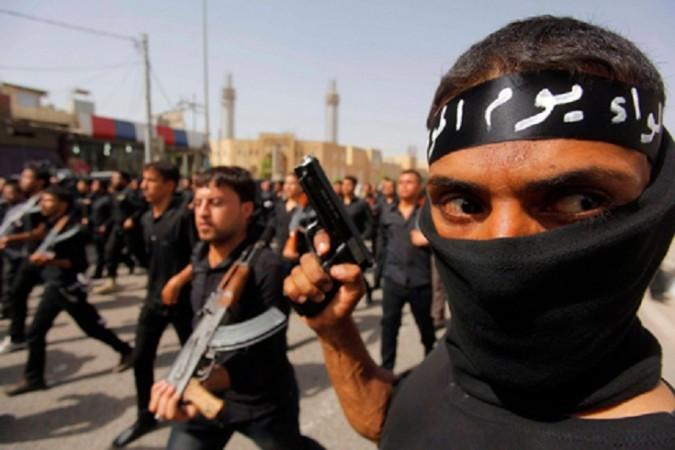
A YouTube video that shows a shrine being blown up and reduced to rubble is being cited by news reports as ISIS's demolition of the Tomb of Jonah in the city of Mosul in Iraq.
While the authenticity of the video is yet to be confirmed, locals in the second-largest city of Iraq that was overrun by the militants of the Islamic State of Iraq and Syria, who now call themselves the Islamic State, have confirmed the news.
"ISIS militants have destroyed the Prophet Younis (Jonah) shrine east of Mosul city after they seized control of the mosque completely," a security source told the Iraq-based al-Sumaria News, Al Arabiya News reported.
"Allah spared Jonah's life from the whale to be killed by ISIS," an Iraqi officer told NBC News, referring to the history of the shrine believed to be the burial site of the prophet Jonah, who is regarded by Abrahamic faiths to have been swallowed by a whale.
In the video uploaded on YouTube, the shrine is shown for barely few seconds until it is suddenly engulfed by dust and smoke arising from an explosion that reduced it to rubble in a matter of seconds.
However, there were no reports about casualties in the incident. "The militants closed all of the mosque doors and prevented worshipers from entering to pray," the security force told al-Sumaria News.
"They first stopped people from praying in it, they fixed explosive charges around and inside it and then blew it up in front of a large gathering of people," a witness told AFP, The Telegraph reported.
The shrine was last renovated in the 1990s under the rule of late dictator Saddam Hussein. The residents told Associated Press that the militants claimed "the mosque had become a place for apostasy, not prayer", according to The Guardian.
The militants are also believed to have blown up another place of worship, the Imam Aoun Bin al-Hassan mosque on Thursday.
Residents of Mosul are reportedly disturbed by the incident. "In the beginning we were so happy to get rid of the government, but yesterday it was like a turning point ... Now most of the people who welcomed ISIS started to think more deeply, to think of what ISIS would do in the future," resident Abu Abdullah told NBC News.













!['It's not Mumbai traffic, it's air traffic': Suriya apologises to Mumbai media after paparazzi yelled At Him for making them wait for hours [Watch]](https://data1.ibtimes.co.in/en/full/806234/its-not-mumbai-traffic-its-air-traffic-suriya-apologises-mumbai-media-after-paparazzi.jpg?w=220&h=138)



